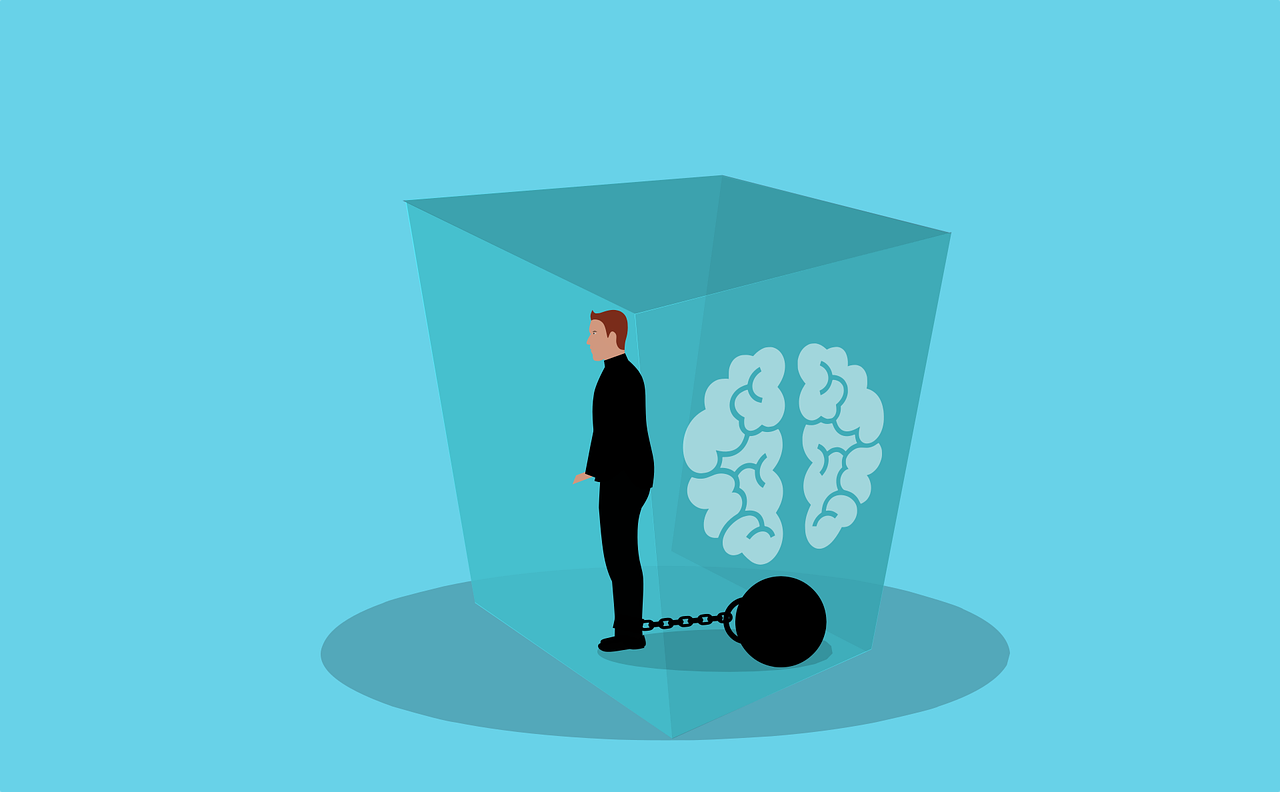HOW Does CBT Therapy help?
If you’re struggling with an emotional problem, the idea of seeking help can feel overwhelming. Many people worry about getting embroiled in a therapy process that’s long and emotional, with little promise of relief until some undetermined time in the future.
But traditional talk therapy isn’t your only option. Cognitive behavioural therapy (CBT) is an approach to psychological problems that gives you the skills you need to live a happier life starting today. It’s backed by robust scientific research, and it’s a different technique than you might expect from therapy.
CBT Therapy is effective and typically shows results quickly, with some patients finding relief in as few as four sessions. Most significantly however, CBT puts you in charge of your own emotional health.
What is Cognitive Behavioural Therapy?
CBT Therapy is “a practical, short-term form of psychotherapy. It helps people to develop skills and strategies for becoming and staying healthy” (CAMH).
This means that CBT isn’t about delving into the past, but it instead works on identifying patterns that cause distress. It focuses on giving patients tools to manage the thoughts and actions that contribute to their emotional problems. Rather than exploring their past and searching for the origins of their pain, CBT focuses on how they can adjust their thoughts and actions to improve their lives today.
CBT works on the understanding that our thoughts (cognition) and choices (behaviour) affect how we feel. When we struggle with persistent, painful emotions, controlling them feels impossible and discouraging. Focusing instead on emotions, you will learn skills to help you interrupt the thoughts and actions that create and feed those feelings. By managing the ways you approach problems, instead of focusing on fixing how you feel, you will find that you’re able to improve your emotional state.
There are many tools used in CBT to help you recognize thinking patterns that are causing distress. With this new understanding, you can develop new ways of relating to your situation. By learning healthier skills to apply to how you think and what you do, you’ll find that you have the power to enact meaningful, lasting change in your life.
This points to an important feature of CBT: you are enabled to create your own recovery. Therapists help their patients learn techniques to manage their thoughts and reactions, but the patient is the one who creates the changes. Emotional problems often feel overwhelming and impossible to escape. But learning to manage and improve the thoughts and actions that feed these issues is empowering as well as a profound relief.
Who Can Benefit?
The American Psychological Association emphasizes that CBT is backed up by significant scientific evidence and clinical experience. Research has shown that it leads to lasting change that improves both the quality of patients’ lives and how well they function.
The basic premise of CBT is that psychological problems are impacted by faulty patterns of thinking and acting. This is true regardless of the origins of the problems. Because of this, the techniques used in CBT are helpful in a wide range of mental health disorders. It’s been shown to be effective in improving the lives of people with schizophrenia, obsessive-compulsive disorder, psychosis, and post-traumatic stress disorder. It can also help people who struggle with eating disorders, drug and alcohol use problems, relationship issues, depression, and anxiety.
This approach to psychological problems is goal-oriented and structured, so you don’t have to worry about starting a process without knowing what the end will look like. There’s a large body of evidence that demonstrates that CBT is equally or more effective than psychiatric medications and other forms of therapy.
If you’re interested in developing skills to help you manage your life more effectively, CBT will likely work well for you. It can prepare you to deal with difficult situations and emotions. It requires your active involvement, which many patients find empowering. However, if you’re more focused on supportive counselling or exploring past trauma, you may find other forms of therapy more helpful.
What to expect during Cognitive Behavioural Therapy
According to Anxiety Canada, to begin CBT, a therapist will need to spend a little time getting a basic understanding of the patient’s history. However, the past is not the primary concern of this approach to therapy. Once the therapist has a clear understanding of the problem, the focus is firmly on improving the patient’s life today and in the future.
Because the technique emphasizes making healthy changes in thinking and behaviour, the patient is in the driver’s seat. The goal is to learn new skills, so you’ll be given exercises to work on between sessions. While the idea of homework might not sound appealing, remember that CBT puts your recovery in your hands. This work between sessions will help you apply what you’re learning to the struggles in your life. With regular practice, your new skills become easier to use and more effective.
But this doesn’t mean you’re alone in the process. Your therapist will collaborate with you, offering the skills they think will be most useful. You’ll work together to address any roadblocks you may run into during the process. It may be helpful to think of your CBT therapist as a coach who is there to help you learn to care for your own mental health.
An important fact about CBT is that it does not take very long, especially compared to traditional talk therapy. Significant improvement is usually seen in only eight to 20 sessions. At that point, most patients have developed the skills they need to live happier, more functional lives.
Conclusion
CBT is a unique style of therapy that helps patients take charge of their own mental health. This approach is backed by scientific research and can help you create changes that will improve your life today. If you’d like more information about CBT or any other ways we can help, please contact us today.
%20(1).png?width=200&height=80&name=Trillium%20Counselling%20Logo%20(999%20x%20398%20px)%20(1).png)


